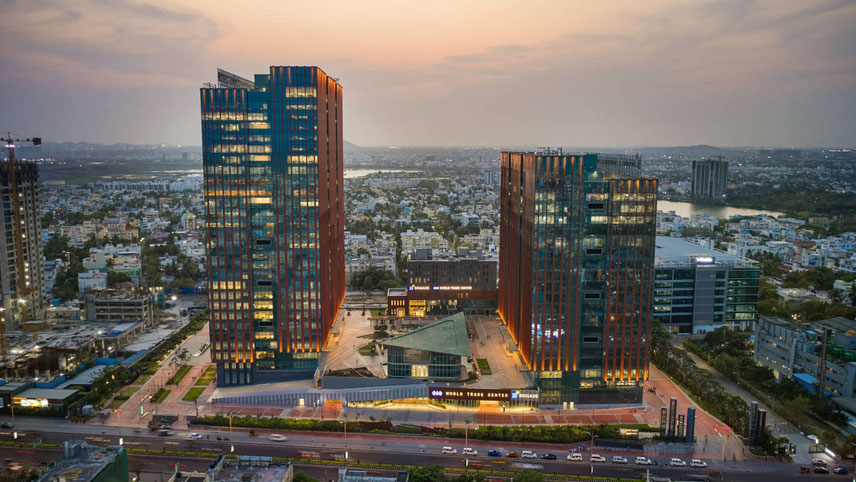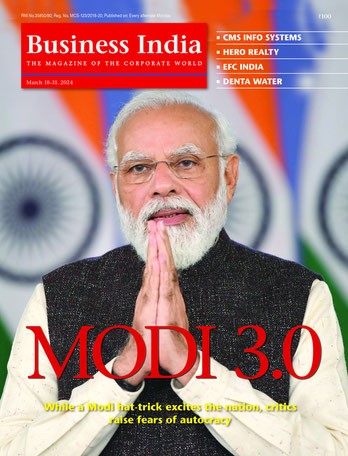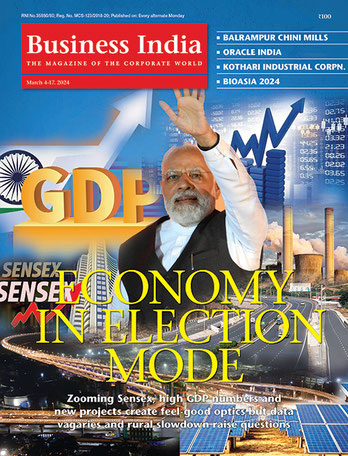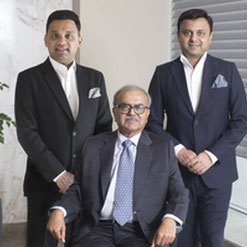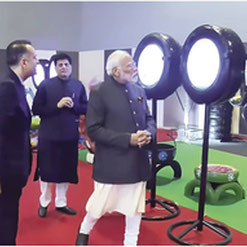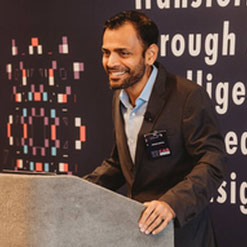
We are witnessing a unique business environment in India with strong industrial economy, new technology business space, global location of talent search, new speed of development, changing business models and offering an opportunity to unlock real potential of new management professionals. This has never been so much influential in business education and has modified the curriculum significantly in short time. Indian business education has observed notable changes in last decade like entry of new IIMs, new campuses of highly ranked private business schools, university departments with high academic credibility and valuable online degree experience. The landscape of business education is changing to meet the demand of the industry. This transformation is changing the curriculum body and duration to make the degree/diploma more effective. The constantly motivated and inspired industry community is denting the business education in unprecedented manner in introducing new degrees, the content, the duration of programmes, relevance to stakeholders and tuition fees. While we already witness a new blend of capability and skill content in MBAs and other management or business programmes today, as we also observe specialised programmes of shorter duration to meet the needs of the economy. For example, IIMs and other schools of repute in India have started offering specialised MBAs, Postgraduate diploma, executive MBA and other specialised shorter programmes. The new programmes are becoming more industry vertical linked and satisfy the immediate utility curve of the industry. This phenomenon is going to accelerate and future will observe lesser duration and highly compact degree programmes. This will sharpen the essentials at both demand and supply side to meet the capability set for economy and affordable fees for participants. Technological advancements have helped the bridging of the quality and reach to talent pool today. The specialised degrees in analytics, supply chain, digital transformation, technology management, entrepreneurship & innovation, and joint MBA or dual degrees with second vertical in law, public policy, sustainability, international relations, etc, are getting recognition and challenging the traditional approach of MBA offering. At a time when jobs are changing from position-driven to project-led, capability sets are changing fast and specialised and short duration management programmes are becoming new normal, business schools and universities are forced to change to new model in both offline mode and online mode. While offline degree offers unparalleled value creation through powerful academic frameworks that is proficient to sustain any business landscape change, online programmes are helping the continuity of workforce and offers enhanced capabilities and skills lifting the participants to new career. In the respective space, these are setting the new direction of the programs to be shorter in duration with better designed curriculum and more effective learning of participants. The flexibility introduced in management programmes are now convenient for hardworking participants as they can complete their two years’ degree in less time by completing the credits faster. This change respects the calibre of the talented participants and supports in reducing the overall cost of degree. The joint or dual degree is fostering the collaborations amongst business schools and universities of complimentary capabilities, very much alike complementariness in industry, saving the time and cost for the participants.

















